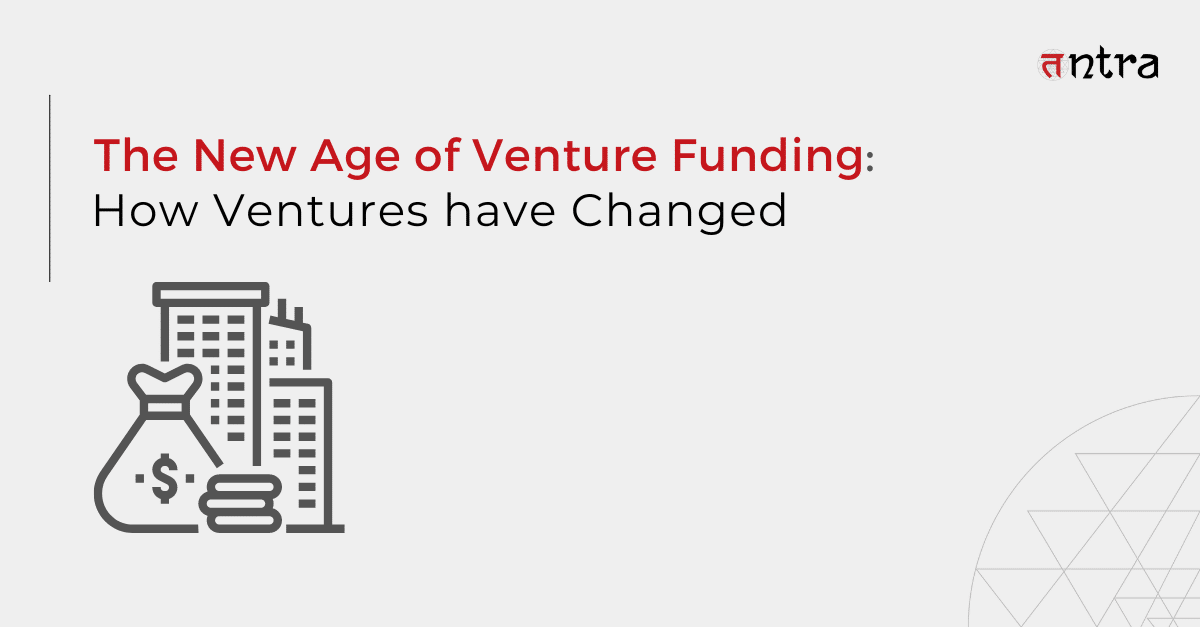
The New Age of Venture Funding: How Ventures have Changed
Table of Contents
ToggleMobileye was one of the first companies to identify a future in autonomous driving. The company started working on self-driving car technology 10 years before Google. The company’s investment funds included venture funding from several Israeli investors. In 2003, Mobileye raised $15M from multiple Israeli entrepreneurs and VCs, including FIBI Holding, Colmobil Group, Lev Levayev, Solid Investment Bank, Motorola Solutions Venture Capital, Eldan, Delek Motors, and Ari Steimatzky.
The company’s largest US financial backer and investor, Goldman Sachs, invested around $100M into the company back in 2007, immediately giving some initial venture funding advisors and investors in the company a 10-fold return. Goldman then acquired an approximately 12.3% stake and sold nearly all of it when the company went public in 2014 with a valuation of $5.3 billion.
Despite investing in Mobileye significantly later than several of its Israeli VC counterparts, Goldman was still able to make a 10x return on its investment. And it did so by going outside the traditional hubs of startup investing and making a bold bet with its venture funding process.
(Source: CBInsights)
Venture Funding Industry Overview
Seed funding grew by 11% in May 2022 compared to the same month last year, as it reached $3.1 billion. The proliferation of early-stage startups and unique ideas is driving more VCs to look into the direction of seed funding.
In 2021, the blockchain and cryptocurrency sectors attracted nearly six times as much investments (including venture capital, private equity, and mergers and acquisitions deals) as they had in 2020. In 2021, these sectors attracted over 32 billion U.S. dollars globally.
Non Venture-backed companies fail more often than venture-backed companies in the first four years of existence, typically because they don’t have the capital to keep going if the business model doesn’t work.
The Transformations in Venture Funding
Venture funding makes capital accessible to startups for growth. However, over the past few years, the venture capital market has been witnessing a transition. The earlier routes of funding are now replaced by newer methods – making growth easier for any software product engineering company.
Overcoming the challenges of the initial VC opportunities have now become easier. Today, there are hundreds of avenues available for funding – and even channels, like cryptocurrencies, that are transforming the product software engineering industry as we know it.
Let us look at the major transformations that the industry is going through.
- Expansion in Fundraising Options
The traditional channels of fundraising are still relevant. However, the new era brings with it newer channels for raising funds. Crowdfunding, angel investments, rolling funds, private stock exchanges, SPACs and direct listings, and several other options are available for raising funds. Startups are now diversifying their portfolio of acquiring funds to take advantage of the new age of venture capital. - Mega rounds become the Focus
Seed funding remains to be a notable investment opportunity for startups. However, mega rounds, funding rounds of over $100 million, have become a major focus for companies. Mega rounds now account for at least half the dollars in the VC industry. The goal is to enable startups to add as much value as they can in the early stages. It eventually multiplies the return on investment and helps VCs realize their investments much faster. - Technological Advancements Drive Growth
Cloud computing allowed the development of a massive number of companies. AI, ML, and Blockchain enabled enterprises to quickly turn ideas into reality. Therefore, ventures have now become accessible to enterprises that can quickly build marketable products. While this made the startup era technical, it also opened the doors to new opportunities in the industry. Today, VC-backed firms can deploy technologies that were not available earlier – leading to their overall growth.
Conclusion
The Venture Funding market is rapidly transforming. While the industry heavily invests in cryptocurrencies and Blockchain, other technological transformations drive the industry forward. Traditional routes are no longer the only option – modern-day venture funding channels like crowdfunding are taking center stage. Understanding how the market is transitioning gives deeper insights into how VC-backed firms will operate in the future. Tntra Ventures offers partnerships and venture support to startups and companies that are looking to expand their operations.
Consult us today for more information.





